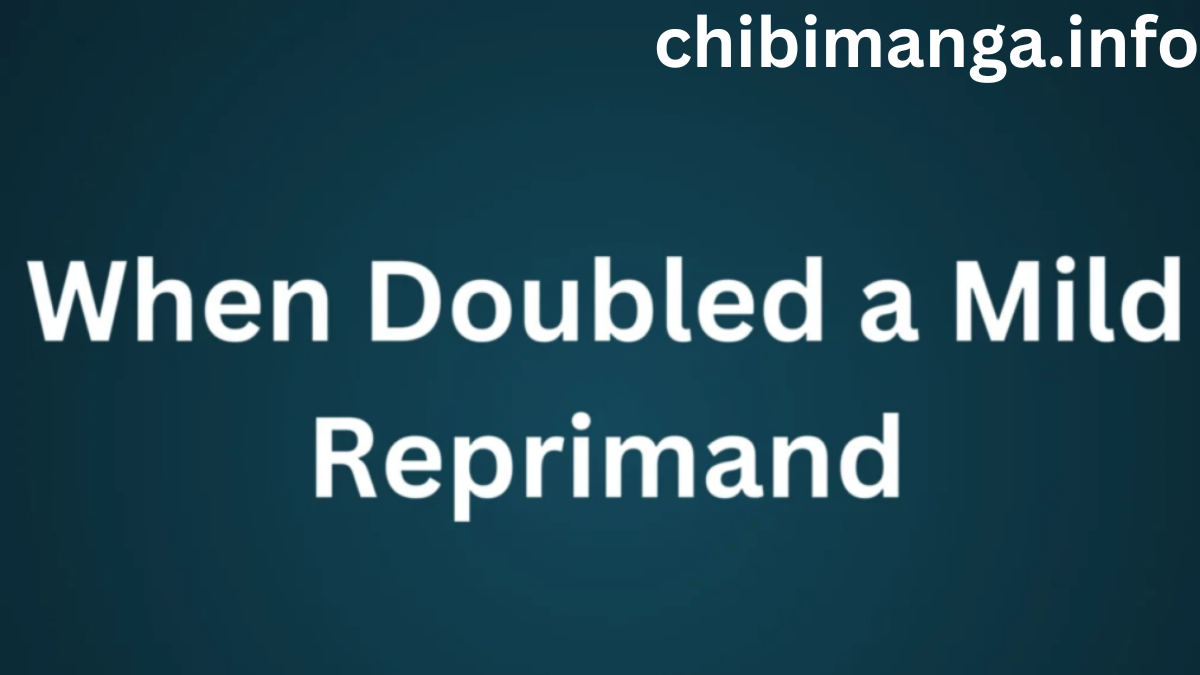Crossword puzzles are a popular form of entertainment and mental exercise, challenging our vocabulary, lateral thinking, and pattern recognition skills. One interesting clue that has puzzled many is: “When doubled, a mild reprimand.” This clue appeared in a New York Times Mini puzzle, and it’s a classic example of how crossword creators play with words and meanings.
In this article, we will delve deep into the possible answers for this clue, exploring each option in detail. We will also touch upon the history and appeal of crossword puzzles, particularly those published by the New York Times, and provide tips for solving similar clues.
Understanding the Clue
The clue in question is: “When doubled, a mild reprimand.” Let’s break it down:
- When doubled: This indicates that the answer, when repeated twice, forms the mild reprimand.
- A mild reprimand: This is a gentle or subtle way of showing disapproval or correcting someone’s behavior.
Given these parameters, the solution is likely a short word or sound that, when said twice, becomes a recognizable phrase or expression of mild disapproval. The answer is a three-letter word.
Possible Answers
1. Tut
Tut is a common sound used to express mild disapproval or annoyance. It is often spelled as “tut-tut” when doubled. This expression has been used for centuries, and its origins can be traced back to the early 19th century.
- Usage: “Tut-tut, you shouldn’t do that.”
- Meaning: It’s a gentle way of showing disapproval, often used in a slightly humorous or old-fashioned context.
2. Tsk
Tsk is another short sound expressing mild disapproval, often spelled as “tsk-tsk” when repeated. It is a more modern and informal way of showing disapproval compared to “tut-tut.”
- Usage: “Tsk-tsk, you missed a spot.”
- Meaning: It is a quick, sharp sound made by sucking the teeth, indicating disapproval or disappointment.
3. Hush
Hush means to be quiet or stop talking. When repeated, “hush-hush” can imply a need for someone to quiet down, often used in a situation where someone is talking too much or making noise.
- Usage: “Hush-hush, the baby is sleeping.”
- Meaning: It is a gentle way of asking someone to be quiet.
Exploring Each Option
Tut
The word “tut” is an interjection used to express annoyance or impatience. When doubled to “tut-tut,” it serves as a mild reprimand. It is often accompanied by a shaking of the head or a wagging finger, emphasizing the disapproval.
Historical Context
The use of “tut” as a reprimand dates back to the 19th century. It was commonly used in British English and can still be found in literature and old movies. The phrase “tut-tut” was often used by characters to scold others gently.
Examples in Literature
- Charles Dickens: In many of his works, characters use “tut-tut” to express mild disapproval.
- Agatha Christie: Hercule Poirot, Christie’s famous detective, often uses “tut-tut” to show his disapproval of others’ actions.
Tsk
The word “tsk” is also an interjection, used similarly to “tut” but with a slightly sharper tone. “Tsk-tsk” is a sound made by quickly drawing air through the teeth, often accompanied by a shake of the head.
Modern Usage
“Tsk-tsk” is more commonly used in contemporary English, especially in North America. It is a quick and efficient way to show disapproval, often used in informal settings.
Examples in Media
- TV Shows: Characters in sitcoms and dramas often use “tsk-tsk” to express disappointment or disapproval.
- Movies: The sound “tsk-tsk” is used in various films to convey a character’s disapproval without the need for dialogue.
Hush
“Hush” is a verb meaning to make someone stop talking or to quiet them. When repeated as “hush-hush,” it can imply secrecy or a gentle command to be quiet.
Different Contexts
- Parenting: Parents often use “hush-hush” to calm a noisy child or baby.
- Secrecy: “Hush-hush” can also mean keeping something secret, as in “Let’s keep this hush-hush.”
Examples in Culture
- Lullabies: Many lullabies use “hush” to calm children, such as “Hush, Little Baby.”
- Spy Novels: The phrase “hush-hush” is often used to describe secretive or covert operations.
The New York Times Crossword Puzzle
The New York Times crossword puzzle is one of the most famous and prestigious crossword puzzles in the world. It has a long history, dating back to 1942, when it was first published.
Why People Love the NYT Crossword
- Challenging Puzzles: The puzzles range from easy to very difficult, catering to solvers of all skill levels.
- Clever Clues: The clues are known for their wit and creativity, often requiring solvers to think outside the box.
- Cultural References: The puzzles often include references to current events, pop culture, and historical facts, making them educational as well as entertaining.
Tips for Solving Crossword Puzzles
- Start with the Easy Clues: Fill in the answers you know first. This will give you a foundation to work from.
- Look for Fill-in-the-Blanks: These clues are often the easiest to solve.
- Use the Crossword’s Theme: Many puzzles have a theme that can help you solve the more difficult clues.
- Think About Wordplay: NYT crosswords often use puns, homophones, and other forms of wordplay.
- Don’t Be Afraid to Guess: If you’re stuck, make an educated guess. You can always erase it later if it doesn’t fit.
FAQs
- What does “tut-tut” mean?
- “Tut-tut” is a mild expression of disapproval or annoyance, often accompanied by a shaking of the head.
- What does “tsk-tsk” mean?
- “Tsk-tsk” is a sharp sound made by sucking the teeth, used to show disapproval or disappointment.
- How is “hush-hush” used?
- “Hush-hush” can imply a need for quiet or secrecy, often used in contexts where someone needs to be quiet or keep something confidential.
- Why are crossword puzzles popular?
- Crossword puzzles are popular because they challenge the mind, improve vocabulary, and provide a sense of accomplishment when solved.
- What makes the New York Times crossword special?
- The New York Times crossword is known for its clever clues, cultural references, and a wide range of difficulty levels, making it a favorite among crossword enthusiasts.
YOU MAY ALSO LIKE
Exploring Linuxia: A Journey into Open-Source Computing
Conclusion
The crossword clue “When doubled, a mild reprimand” is a great example of how language can be playful and nuanced. The most likely answers are “tut,” “tsk,” and “hush,” each forming a mild reprimand when doubled. These words are interjections used to express disapproval in a gentle manner.










